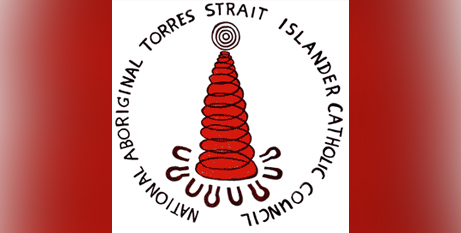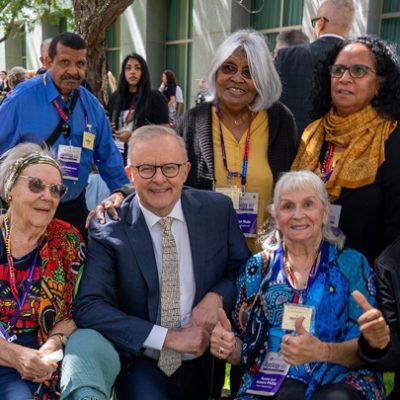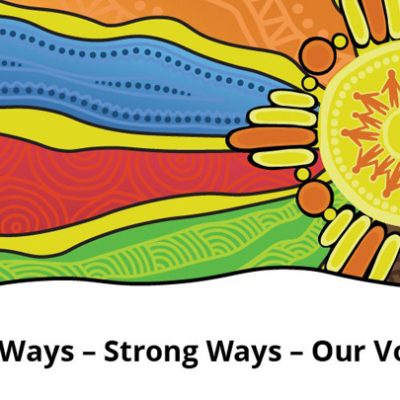
An unsuccessful outcome to the Voice to Parliament referendum is just another challenge that will be faced with dignity, respect and without losing hope, a statement from the National Aboriginal and Torres Strait Islander Catholic Council says.
Throughout this journey we, the members of NATSICC, have placed an emphasis on fostering respectful dialogue and providing Catholics with information to help them make their decision. We are proud to have maintained the stance that all people are created equal in the image of God and thus deserve to be respectfully treated, regardless of their stance on the referendum question.
Guided by the Catholic social teaching principle of subsidiarity, we (along with most First Australians) saw the value in a mechanism for our voice, and the voices of our children and grandchildren to be heard in Parliament and the potential for tangible outcomes to improve the day to day lives of our people. We also acknowledged that this was not the only way forward, but a step on the journey of Reconciliation.
We accept that, for a variety of reasons, the Australian people have decided that an enshrined Voice is not the way to recognise Aboriginal and Torres Strait Islanders in the Constitution, or see it as useful to help Aboriginal and Torres Strait Islander Peoples gain an equal footing on metrics such as life expectancy, health and socio economics.
What we must not accept is that this signals the end of the journey.
Statistics from the Closing the Gap strategy show that we cannot maintain the status quo. We now call on those that espoused alternatives to champion Indigenous-led ideas and initiatives that will address these practical issues, and for all people in this country to work for reconciliation.
FULL STORY
The National Aboriginal and Torres Strait Islander Catholic Council statement after the referendum (NATSICC)
RELATED COVERAGE
Archbishop Coleridge says it is time to commit more resolutely to reconciliation and look ahead to a new national unity (The Catholic Leader)






